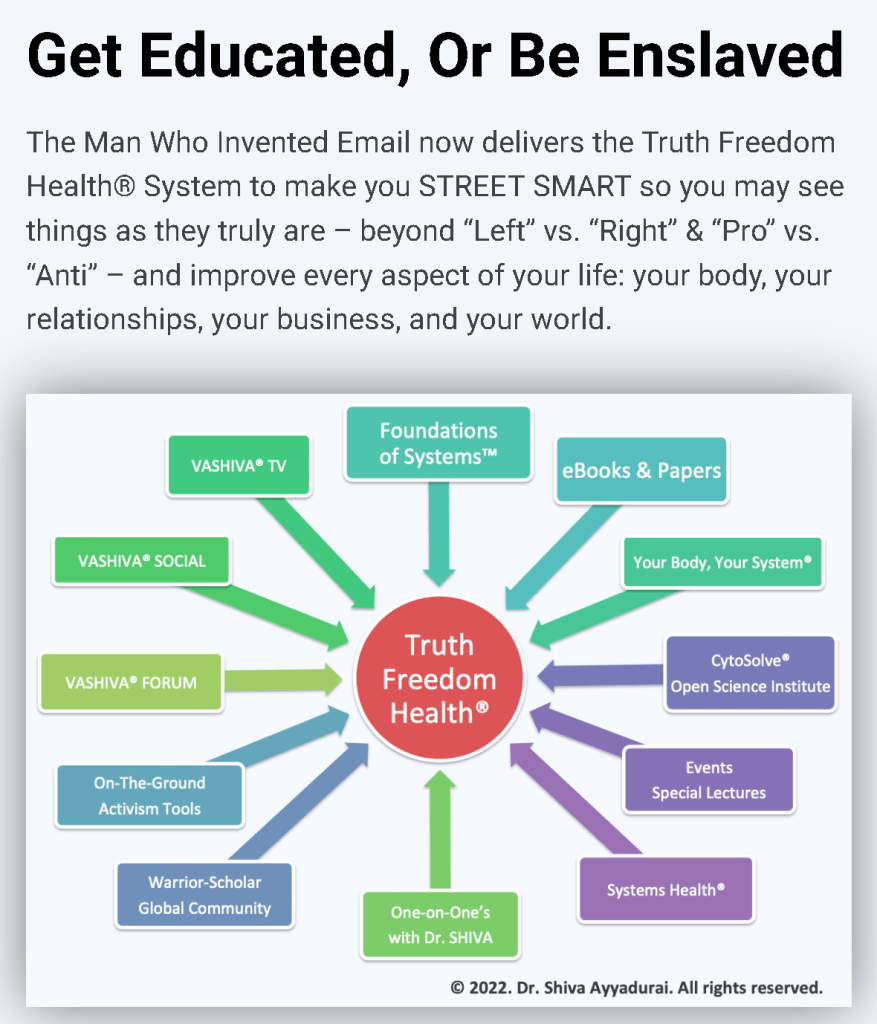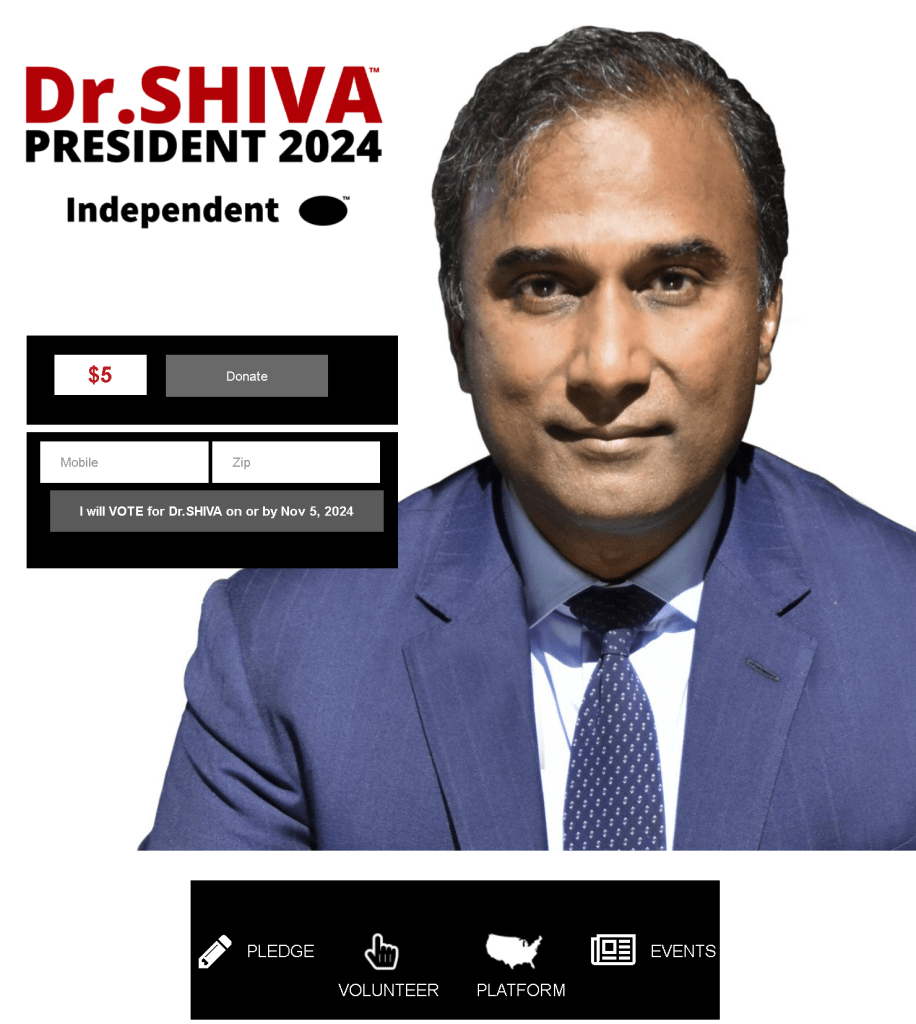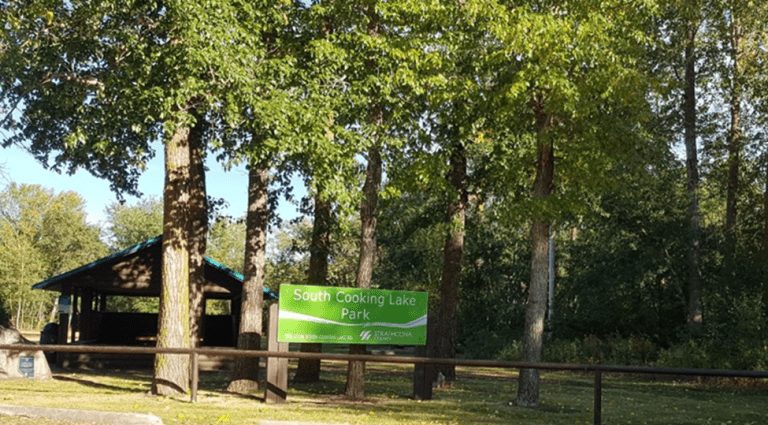- Organized by Worcester city councilor Dr. Sarai Rivera, for open dialogue to address concerns about Family Health Center Worcester (FHCW)
- FHCW layoffs announced on September 1 sparked concern in the wider community who rely on the health center to care for the city’s most vulnerable population
- Elimination of key roles and staff is affecting patient care and causing a chain reaction of resignations and uncertainty about the future of the health center
- CEO apologizes, says he wants to “restore broken relationships and to repair confidence” and has a 120-day plan



On Tuesday evening, Family Health Center Worcester (FHCW) executives participated in an open forum at Worcester City Hall facilitated by Worcester City Council’s Standing Committee on Public Health and Human Services. Over 100 people attended virtually.
“Family Health Center is a vital asset to our city and there is no way Worcester would be willing to lose it.
The people who work there are amazing and special, and we want to discuss how do we make sure that collectively, as a community, FHCW continues to survive – and thrive,” said city councilor, Dr. Sarai Rivera.
“We are not closing. We are not in danger of closing,” stated CEO Lou Brady, explaining that “we made hard choices that became public on September 21,” referring to the recent layoff and furlough of 35 and 15 staff respectively, and the closure of FHCW’s Southbridge site.
According to Brady, the staff cuts did not eliminate any of the patient services and the decision to cut staff was driven by a years-long financial struggle and “shoe-string budget.”
Noting that FHCW has been historically under reimbursed, Mr. Brady said that he anticipates growth with the announcement of new Medicare rates in January 2022.
Brady told the committee that the health center’s financial reserves are drained due to expenses incurred by Covid, and a ransomware attack in October 2020 that cost the health center $2 million for the recovery and rebuilding of the IT infrastructure.
Brady said the health center did not meet the target revenue to cover expenses in July and made the decision to cut $6 million in spending with the expectation of still falling short of covering costs.
Ultimately, $5.5 million was cut from the cost structure, which Brady said he believes puts them at an equilibrium.
However, with around $45 million in expenses, Brady said the health center needs support to rebuild and regroup; to build a workforce that supports best practices of the team-based healthcare model, which works with patients in the “space between clinical visits to address issues that really make people sick,” and to bring that team to market-level compensation.
Community members agreed with Brady that an important goal moving forward is for FHCW to acquire property. Property ownership is key in order for FHCW to have a financial “shock absorber,” said Brady.
Later in the discussion, Brady said the health center has reached a fragile equilibrium and hopes for continued support from friends at state and community level to restore and rebuild, acknowledging city mayor Petty and city manager Batista, who stepped in to provide the funding to bring back the furloughed interpreters.




































